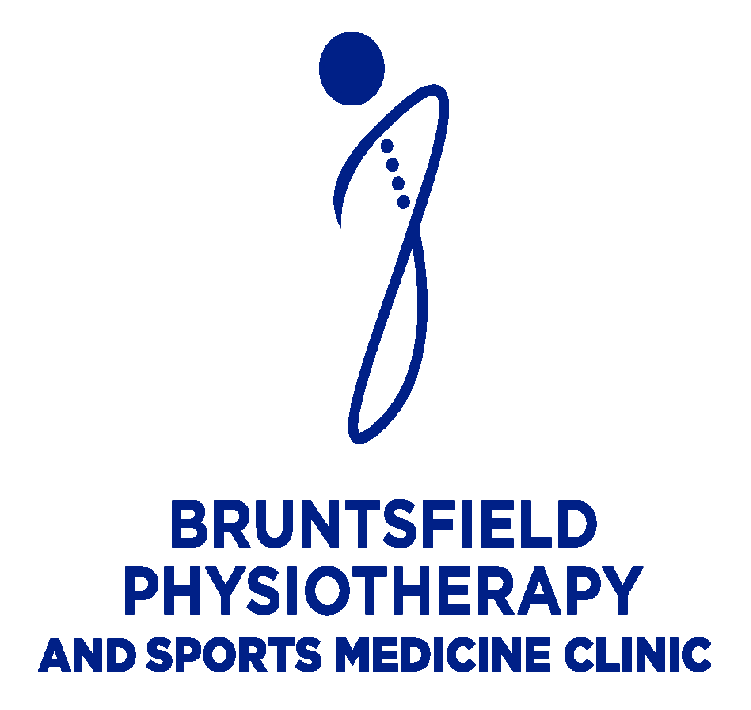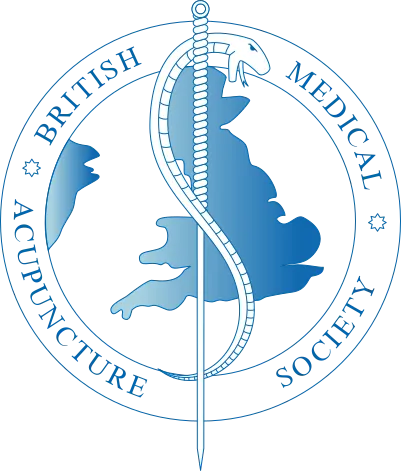What is causing my shoulder pain?
It is always a good idea to see a healthcare professional, such as a physiotherapist, if you are experiencing shoulder pain that is affecting your daily activities or is not improving with rest or self-care measures. They can help diagnose the underlying cause of your shoulder pain and recommend appropriate treatment options.
In young people, the most common causes of shoulder pain are instability or rotator cuff tears, resulting from a dislocation or traumatic injury.
In middle age, it is common to experience pain from the rotator cuff tendons of the shoulder – this can start following strenuous activity or a sudden increase in repetitive activity. They can also become painful after trauma, such as a fall or may occur for no known reason. Often, the pain is felt when moving your arm out to the side and it can often feel weak.
Another common cause of shoulder pain is a “Frozen Shoulder” which presents as significant pain, especially at night. You may find that your shoulder movement becomes more restricted over a short period of time.
In later years, shoulder pain may also be caused by arthritis – presenting as dull pain and stiffness.
In most cases shoulder pain is not dangerous. However, it is important to seek medical attention if your shoulder pain is severe, persistent, or accompanied by other symptoms such as fever, difficulty breathing, chest pain, or sudden weakness or numbness in your arm. These symptoms may indicate a more serious condition.
Treatment of shoulder pain:
Physiotherapy including exercise prescription and “hands-on” treatments are effective at rehabilitating shoulder injuries. Successful rehabilitation TAKES TIME – exercises need to be continued for 3-6 months in most cases for full resolution of symptoms – this usually involves working on range of movement/ strength, depending on what was found to be part of the problem from the initial assessment.
“Hands-on” treatment which can help include:
- Acupuncture/ soft-tissue massage/ joint mobilisations
- Can help to reduce tension in the muscles/ reduce pain which in turn can help improve range of movement.
- Shockwave therapy
- high energy, audible sound waves transmitted to the affected area to stimulate healing. This is effective at helping with rotator cuff problems.
I’ve tried physiotherapy before but I am still experiencing pain?
- Steroid/ Ostenil injection
- If symptoms do not improve or resolve with rehabilitation and manual therapy, injection can be offered for pain relief to enable you to progress with your rehabilitation. We would recommend this is done under Ultrasound guidance.
- Shoulder Ultrasound Scan
- Ultrasound can be a useful diagnostic tool for assessing shoulder pain. It can help identify issues such as inflammation, tears, or other structural abnormalities that may be causing the shoulder pain. It can also be used to guide injections.
- It is important to note that ultrasound may not be the most appropriate diagnostic tool for every case of shoulder pain. Depending on the specific cause of the pain, other imaging modalities such as X-rays or MRI scans may be more effective. Your Physiotherapist will be able to advise you on whether Ultrasound is appropriate for your injury.











